
We are busy at work finalising our guide that explains the diverse types of harm caused by illegal wildlife trade (IWT), and how pioneering civil lawsuits can be developed to help provide remedies.
Civil lawsuits represent a breakthrough in environmental law, and a novelty among efforts to tackle illegal trade. Unlike traditional approaches that focus on punishing perpetrators of ITW this strategy refocuses efforts onto remedying the harm caused by IWT. The guide will explain how these lawsuits can be developed, addressing technical and legal challenges, in order to support biodiversity conservation and strengthen access to justice.

The WILDS Project is collaborating with award winning filmmaker, Colin Sytsma, and the talented designer, Jax Schwanke, on a short, animated film about illegal wildlife trade-- and the conservation litigation that could respond to it. It highlights the many harms caused by illegal trade, and explains how pioneering civil lawsuits could help provide remedies, holding perpetrators responsible for fixing the harm the cause.

Dr Jacob Phelps will be contributing to an upcoming, free online course, coordinated by Indonesia's Institut Teknologi Bandung. Indonesia is one of the world’s most biodiverse countries. However, it is under unprecedented development pressures. This online, global course will explore the challenges and opportunities associated with conservation in Indonesia. It will include a virtual tour, a workshop on natural history illustration, and talks by Indonesian and international lecturers, NGOs, and government parties. Jacob is leading one of the sessions, looking at the challenges of tackling illegal wildlife trade, and presenting how legal strategies proposed by WILDS could help to address these threats.

We presented the WILDS Project at the International One-Day Webinar on Indonesian Biodiversity, hosted by the Indonesian Institute of Life Science and Ministry of Science and Technology / National Research and Innovation Agency, to celebrate the country's 75 years of independence. You can watch on YouTube here (starting 1:50 time remaining).
Read More
Actions such as illegal wildlife trade, deforestation, mining and pollution are often responsible for huge harm to the environment, including impacts on threatened and endangered species, local economies, culture and state budgets.
Read More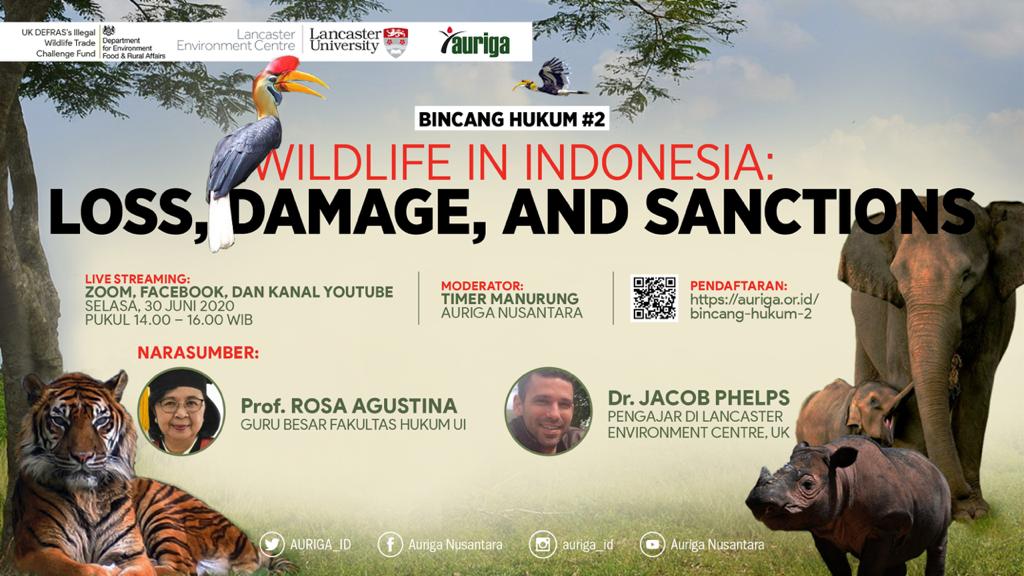
In collaboration with Lancaster University, Auriga Nusantara held the second webinar legal discussion titled “Wildlife in Indonesia: loss, damage, and sanctions”.
Access the webinar recording and slides.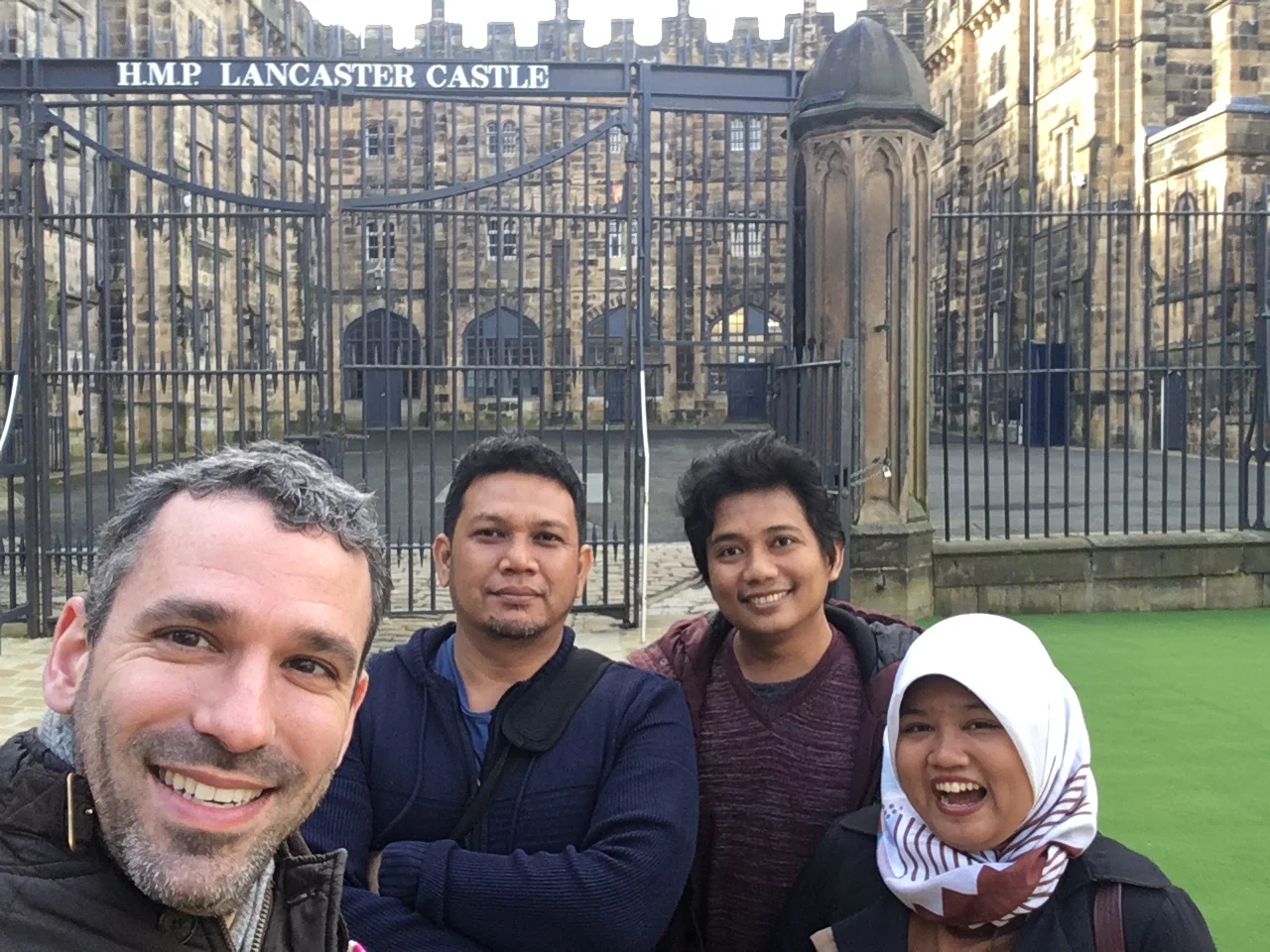
A workshop on civil lawsuits for illegal wildlife trade (IWT) cases was held in Lancaster (1-10th March, 2020). At this event, three Indonesian lawyers, Rika Fajiri, Grahat Nagara and Roni Saputra, joined Lancaster Environment Center researcher, Jacob Phelps, to further explore remedies that may be proposed to defendant of illegal wildlife trade in Indonesia.
Read More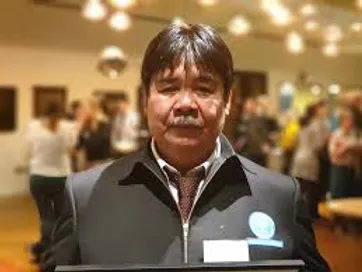
Prof Bambang Hero Saharjo from Bogor Agricultural University was awarded the 2019 John Maddox Prize, which recognises the work of individuals who promote science and evidence, advancing the public discussion around difficult topics despite challenges or hostility.
Nominated by WILDS researcher, Jacob Phelps, Prof. Hero's work has been an inspiration for this Project. Jacob explains, "His work serves not only to bring justice in individual cases, but has inspired a vision of what is possible in Indonesia—a future in which courts are true centres of evidence-based justice, even in the face of entrenched interests; where academics are genuine public servants, and in which science has a prominent role in the public discourse."
Prof. Hero's award has been covered in a range of media, including Nature, The Guaridan, Mongabay and The Financial Times.

Jacob highlighted the WILDS Project in his talk, "Sustainability through environmental liability" at the 2nd Sustainabilty & Development Conference at the Univeristy of Michigan--an event that seeks to catalyze work and partnerships around sustainable development, such that it is not about a single discipline or theoretical orientation but is instead a platform which enables conversation across the ways in which that sustainability and development are imagined and realized.
Read More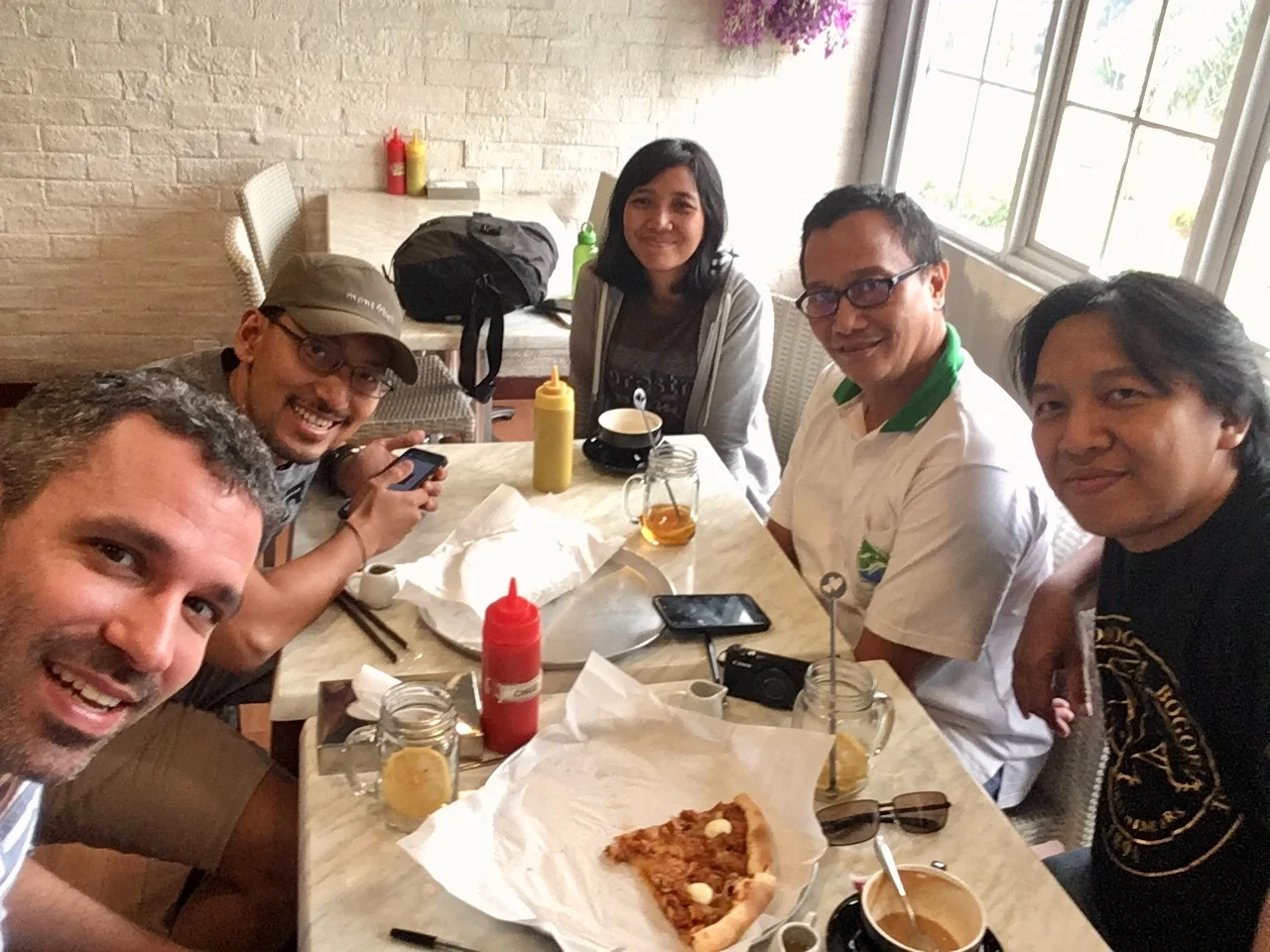
Colleagues from the Indonesian Institute of Sciences (LIPI), led by our collaborator, Dr R Taufiq Purna Nugraha , are working to characertise and value the harm caused by illegal wildlife trade cases. Building the WILDS framework, they are now populating this with data related to specific illegal wildlife trade cases in Indonesia. This includes, for example, calculating the costs of rehabilitating orang-utan rescued from trade, documenting the costs of DNA tests required when investigating IWT cases, as well as characterising the non-financial social costs associated with harm to endangered species.
LIPI reports directly to the President of the Republic of Indonesia, and is responsibel for organizing research and development, providing guidance and services in science and technology, and advising the government on national science and technology policy. LIPI scientists regularly serve as experts to the government on illegal wildlife trade cases. Drawing the our work, they will now be able to better present to the government the financial and non-financial impacts of the IWT.
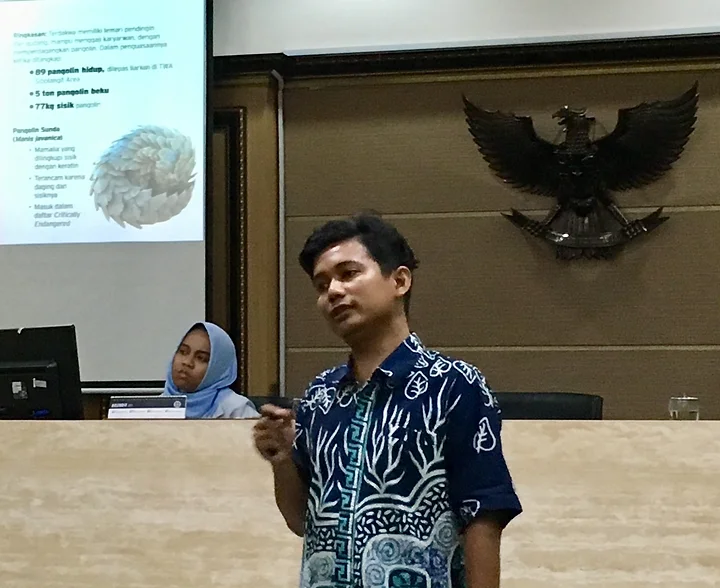
Grahat Nagara from the NGO, Auriga, presented the WILDS project at the Seminar Konferensi Hukum Lingkungan, Indonesia's leading conference on environmental law, hosted by the Indonesian Centre for Environmental Law (ICEL) and the Faculty of Law, University of Indonesia.
Read More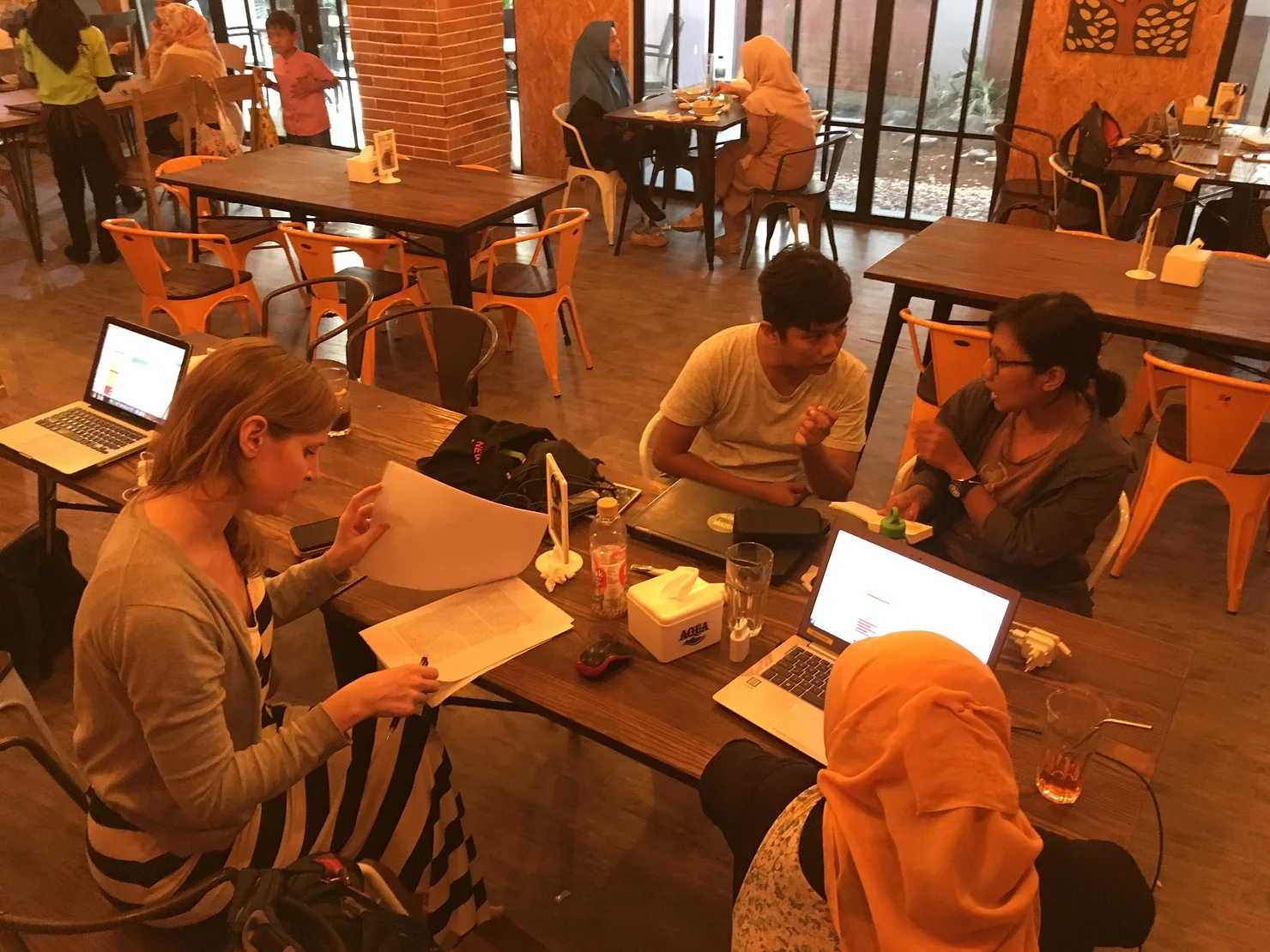
Rika Fajrini, in collaboration with legal psychologist, Dr Rebecca Nichols at Nanyang Technological University, is helping us to develop a unique interview instrument for exploring how judges understanding environmental harm. While we know what the law says about how judicial action can provide environmental remedies, we know very little about how judges understand these issue. Yet, their views are critical to understanding judicial discretion and how the law is implemented. Our questions are currently being trialled and we plan to start interviewing judges in Oct. 2019
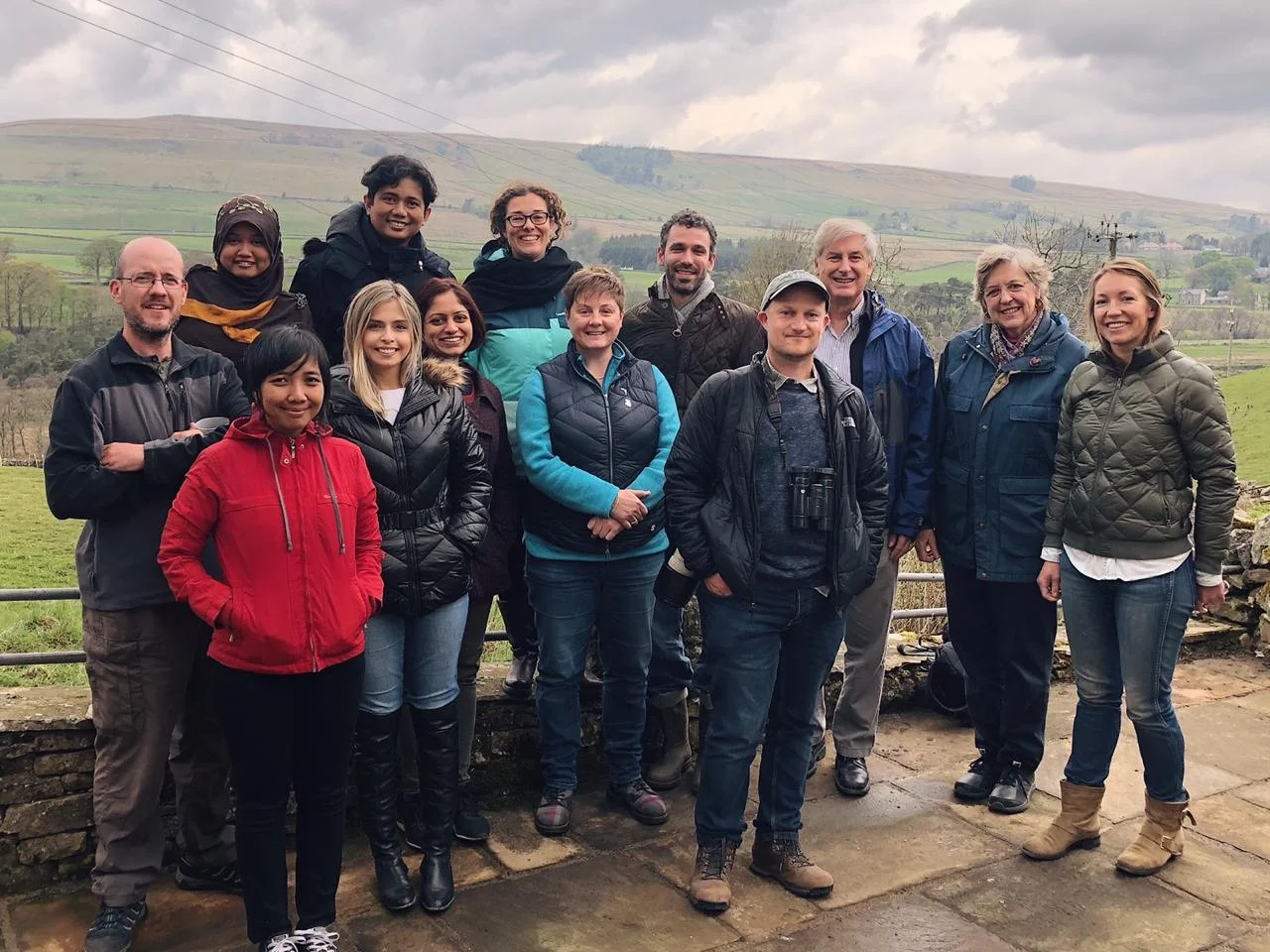
In April 2019, a group of ecologists, economists and lawyers from 7 countries met in Alston, UK to frame approaches to conceptualising the harm caused by IWT. We explored how harm caused by IWT can be characterised and valued, to inform possible legal remedies.
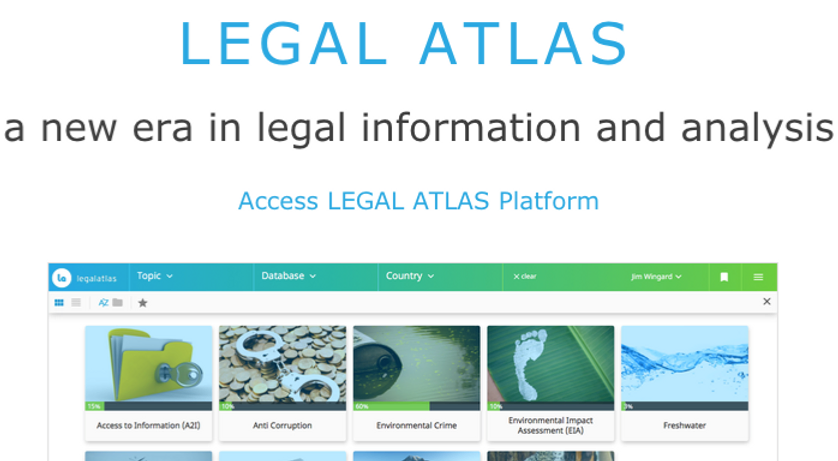
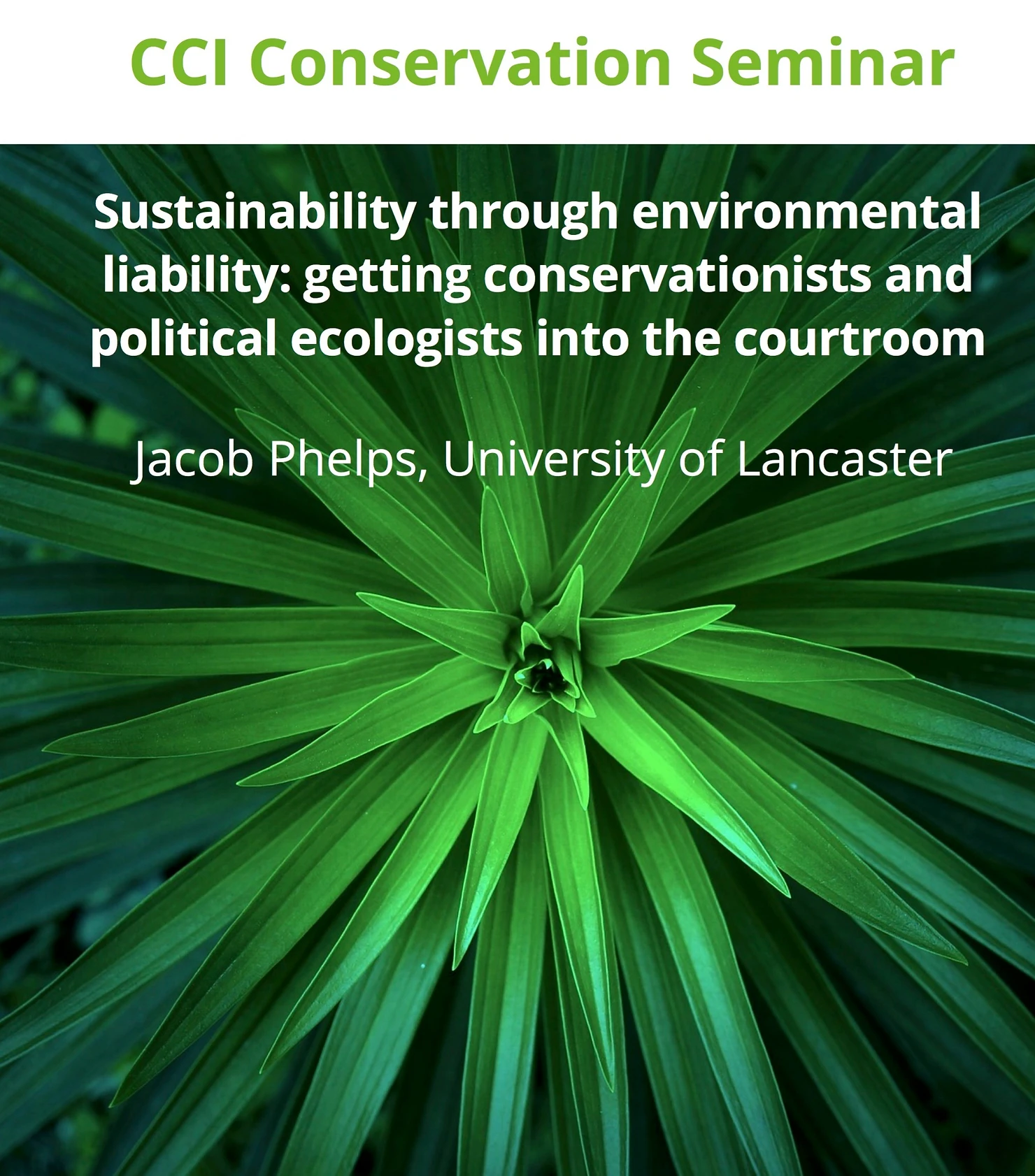
Jacob Phelps delivered a Conservation Seminar for the Cambridge Conservation Initiative. His talks, "Sustainability through environmental liability: getting conservationists and political ecologists into the courtroom" highlighted the WILDS Project approach.
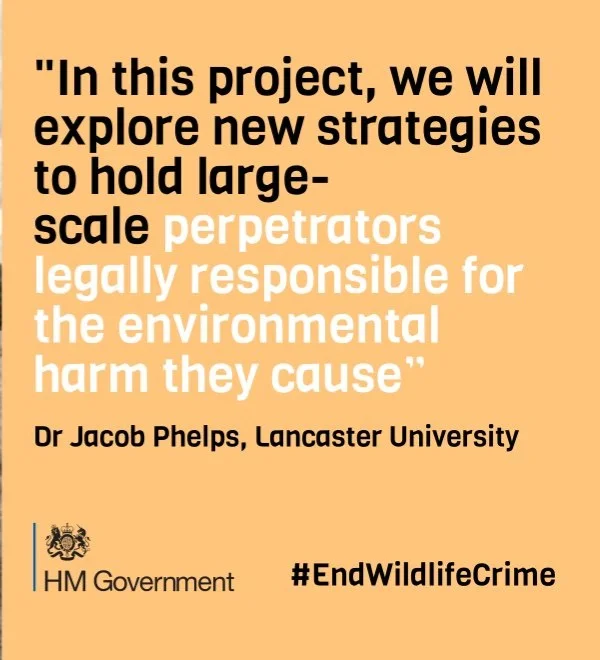
The WILDS Project was highlighted in the UK Environment Secretary's announcement of £4.5 million in new funding from the UK to tackle wildlife crime.
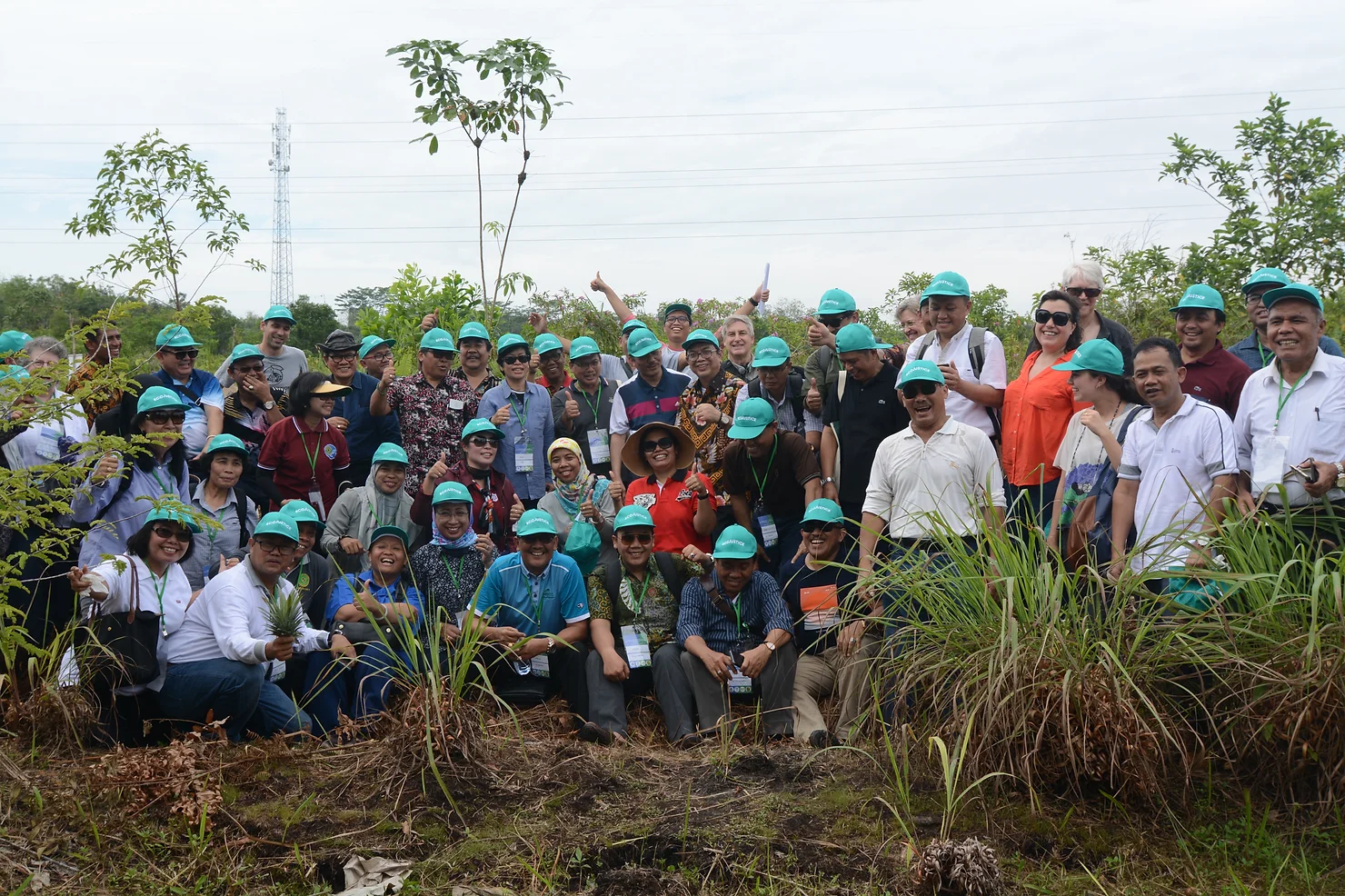
In the lead-up to the WILDS Projects, a number of our collaborators contributed to a workshop in Riau, Indonesia. In June 2018, it brought together 37 high-court environmental judges from across Indonesia for a 5-day workshop on valuing environmental harm.
Read MoreText are copied from https://jacobphelps.wixsite.com/wilds
The WILDS Project is supported by the UK Government through the Illegal Wildlife Trade (IWT) Challenge Fund.
As its contract, the project ends May 31, 2021.